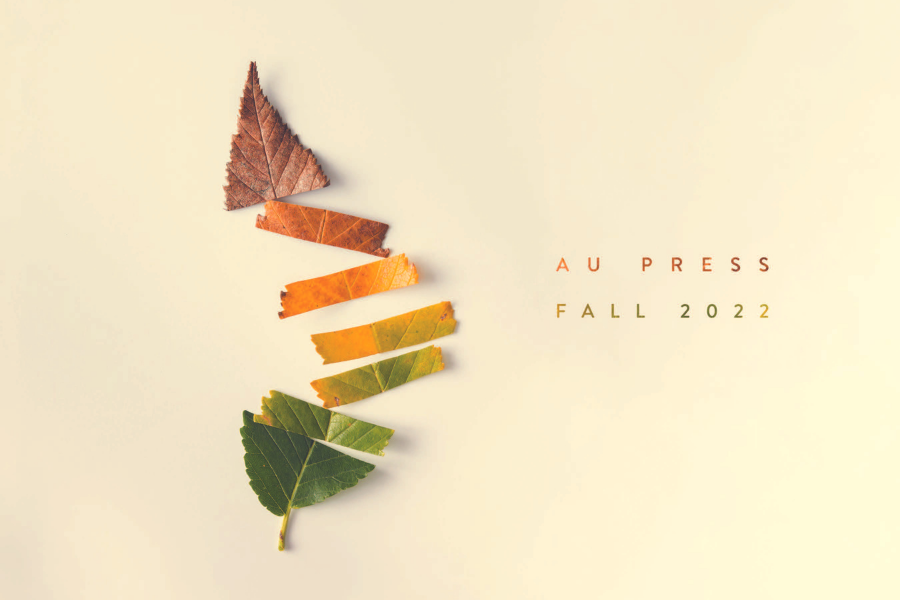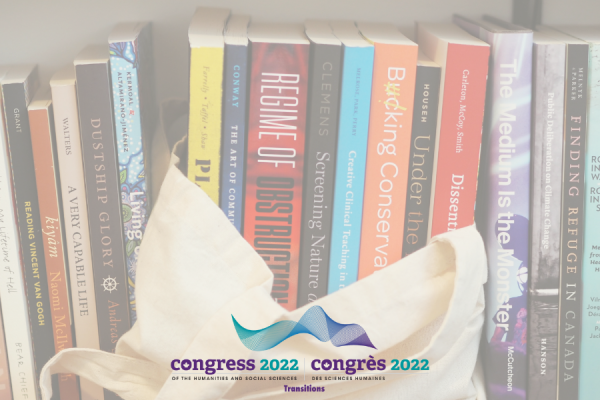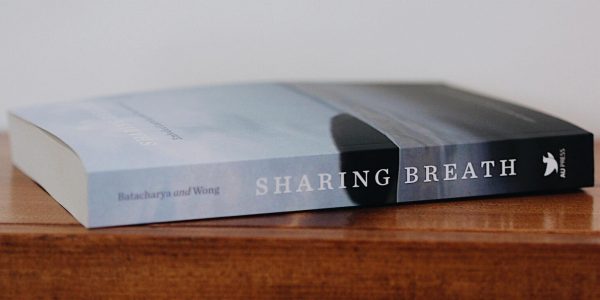Our gardens have barely bloomed, but we’re already thinking about golden trees, crisp air, bonfires, and wool sweaters. That’s right, our Fall 2022 catalogue is now available! We’re announcing books on racism in Southern Alberta, the power of the law, the Canadian criminal justice system, digital education, and more. Keep reading for some sneak peek snippets!
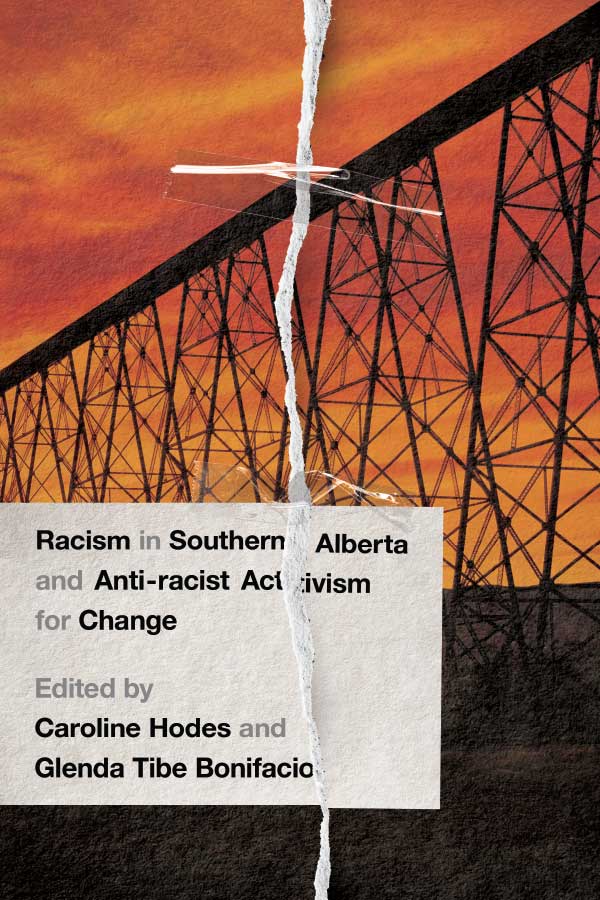
Racism in Southern Alberta and Anti-Racist Activism for Change edited by Caroline Hodes and Glenda Tibe Bonifacio
“In Blackfoot we have a word: noohkiitsitaat. It means something similar to ‘bear down,’ or to ‘wait it out,’ or to almost ‘endure’ something. The translation gets lost in English, but stories help with the translation. When a blizzard or thunderstorm is approaching, a herd of iinniwa will make their way to the top of the rolling hills. As the storm swallows the landscape, the buffalo close their eyes and dig their hooves into the ground below. Surrounded by disarray and chaos, they face the storm head on, eyes closed, and become immovable objects waiting it out. In the storm, we are trying to survive. We too need to become immovable objects, conditioned for resilience.” —from the chapter by Dustin Fox
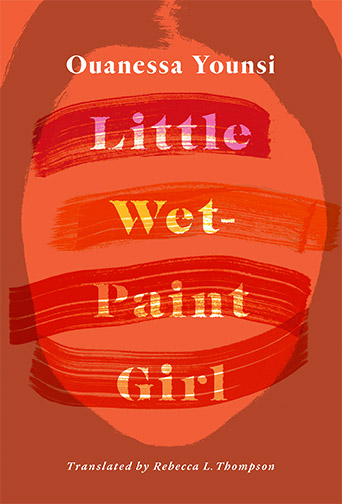
Little Wet-Paint Girl by Ouanessa Younsi, translated by Rebecca L. Thompson
Among tall grass and wasps, I didn’t know the wind was an hourglass. My innocence amused the woman next door. Her delight planted watermelons, pink mouthfuls amidst famine. We rescued different species, different riddles:
Why does September make you thirsty?
Once born, who stays behind?
The neighbor woman was a theater. We grew older, and I lost her by losing myself
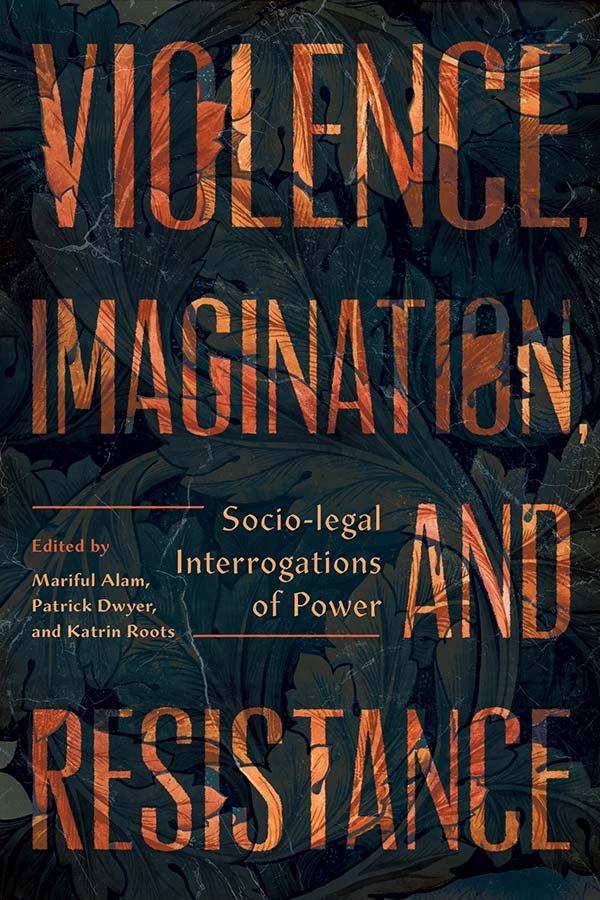
Violence, Imagination, and Resistance: Socio-Legal Interrogations of Power edited by Mariful Alam, Patrick Dwyer, and Katrin Roots
“While much Indigenous resistance and refusal happens at a distance to and in spite of the settler-colonial state, more work needs to be done by Canada’s settler-colonial public—including legal practitioners and socio-legal scholars—to challenge the stories of western legal superiority that animate our imaginations. We must make room for alternative narratives of justice and legal systems both within and without the contemporary settler-colonial state.” —from the chapter by Stacy Douglas
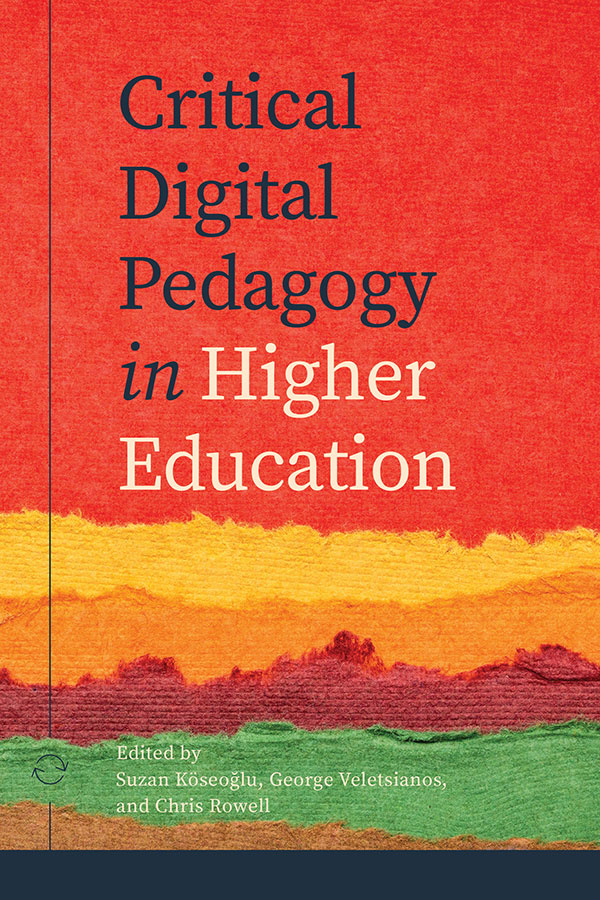
Critical Digital Pedagogy in Higher Education edited by Suzan Köseoğlu, George Veletsianos, and Chris Rowell
“Critical digital pedagogy—as pedagogy of affect—can be an overwhelming and emotional experience for both learners and instructors, requiring the sharing of power in the instructor-student relationship and the reinvention of their roles. A climate of care in an online learning space—with its focus on community building, relationships, and learners’ expressed needs (versus assumed needs on the part of the instructor, school, or educational system) through active and mutual listening, dialogue, trust, and openness without judgement—can support the development of safe and inclusive spaces that enhance the potential for critical pedagogical practices and aims to emerge and grow.” —from “Critical Pedagogy and Care Ethics: Feedback as Care” by Heather Robinson, Maha Al-Freih, Thomas A. Kilgore, and Whitney Kilgore
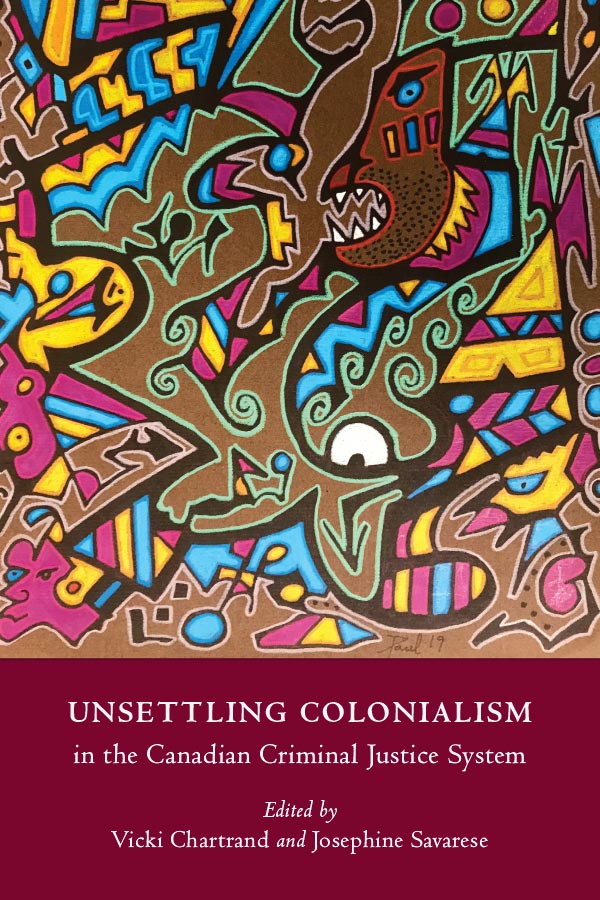
Unsettling Colonialism in the Canadian Criminal Justice System edited by Vicki Chartrand and Josephine Savarese
“This collection seeks to contribute to and expand on the body of scholarly, poetic, and experiential writing that exposes the ongoing harm perpetuated by colonial states, their agents and actors. [. . .] The avenues for change are manifold but contingent on the necessary involvement and leadership of Indigenous and other colonized peoples.” —from the concluding chapter
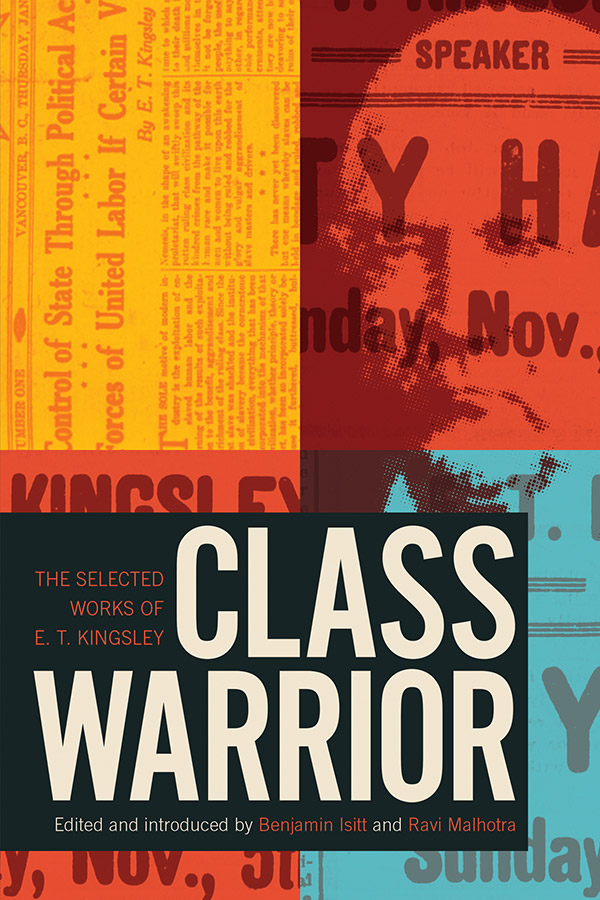
Class Warrior: The Selected Works of E. T. Kingsley by E. T. Kingsley, edited and introduced by Benjamin Isitt and Ravi Malhotra
“We hear much in these days of the right to live. At this very moment the great working class of the world do not possess that right. They only have the privilege; and this because they have no command over the means of life. The things the workers have to use in order to feed, clothe and shelter themselves, are the instruments used to dispossess that working class.” —E. T. Kingsley
